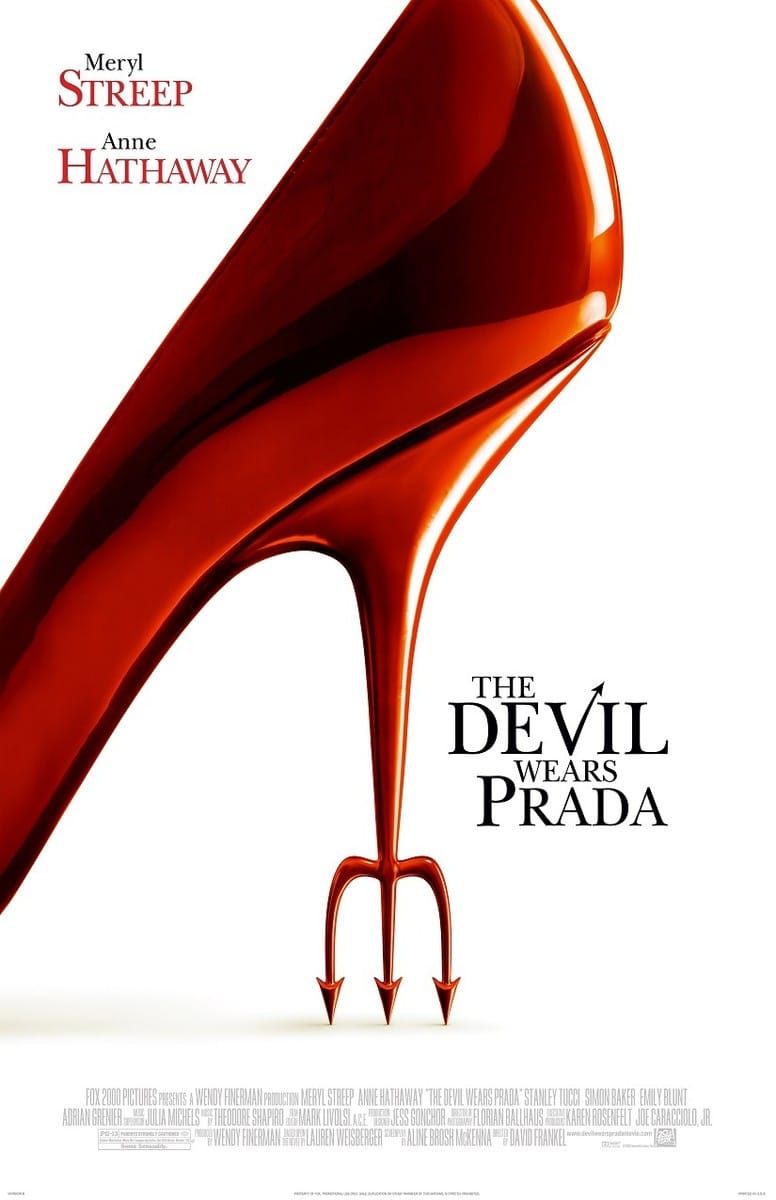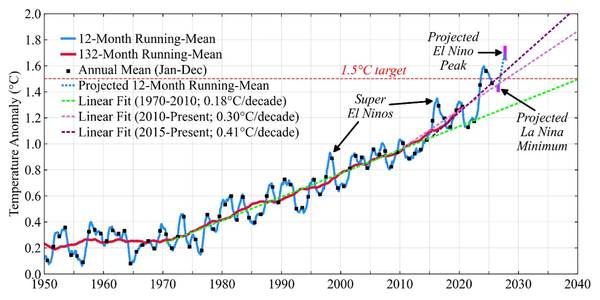The Cerulean Blue Truth
Sorry. I'm rewatching "The Devil Wears Prada"

As I watch The Devil Wears Prada for the eleven-teenth time, I am not enjoying a light film about fashion. I am conducting serious socioeconomic research.
The most important text in the film is a single speech about a blue sweater.
Early in the movie, lead character Andy Sachs laughs, dismissing the fashion world. She looks at her plain blue sweater as a statement of non-compliance. It is just a sweater. It is blue.
Miranda Priestly, head of a prestigious fashion mag, fixes her gaze. She delivers a lecture that accidentally explains the totalitarian nature of consumer control.
Miranda calmly states that Andy’s "choice" was never hers. The color, cerulean, was dictated by designers, filtered through high fashion, and sold to the masses until it reached a discount bin where Andy “fished it out.” Andy believed she was outside the system. Miranda reveals she is merely at the end of the supply chain. This is the Cerulean Blue Truth.
The speech is a mini-documentary on capitalism. It proves that the feeling of free will we have while shopping is a lie. Corporations dictate color, shape, and fabric, years in advance. Andy's sweater "choice" is actually a command from the top. Miranda is the high priestess of this command, exposing the pretentiousness of fashion as a necessary mask for its controlling business model.
This single blue thread extends through the entire corporate machine that Miranda runs, defining the film’s critique of greed and selfishness.
The system demands total devotion. Andy sacrifices her personal life, pushing away her boyfriend, Nate, who ultimately blows up because he sees his partner trading integrity for a job that treats her like property. His reaction is the system’s failure to coexist with real human connection. The film shows success only comes through selfishness.
The corporate environment breeds betrayal, illustrated by Nigel, Miranda's right hand. He offers two decades of loyalty and talent, dreaming of a promotion. Miranda, to save her own position in Paris, snubs him for a key job, giving it to a rival's protégé. This is the final lesson of the cerulean blue truth: Loyalty is worthless. Individuals are disposable.
Even the outsiders are infected. Andy's friend, Lily, who should represent moral clarity, is momentarily overcome with greed when Andy offers her a handful of luxury goods, going gaga over a designer purse. The blue thread of materialism touches everyone.
This film, my “guilty pleasure,” is actually an unfortunate instruction manual. It tells us that greed works. Miranda wins. But it also tells us that greed isolates.
In the end, Andy escapes.
Now, a sequel is rumored for release next year. A sequel means we must confront the consequences of the Cerulean Truth.
Did Andy remain happy? Did she succeed on her own terms? Or did she realize writing about the city garden show does not pay the rent like Runway does?
The sequel must ask the difficult question: Did Andy sell out again? It must test her resolve. Will it prove that escape from the system is possible, or that capitalism always wins in the end?
Until we have that answer, we must keep watching the original film. It is our duty.
No questions, please. Shut up, I’m thinking.
Lots of love, Sarah.



